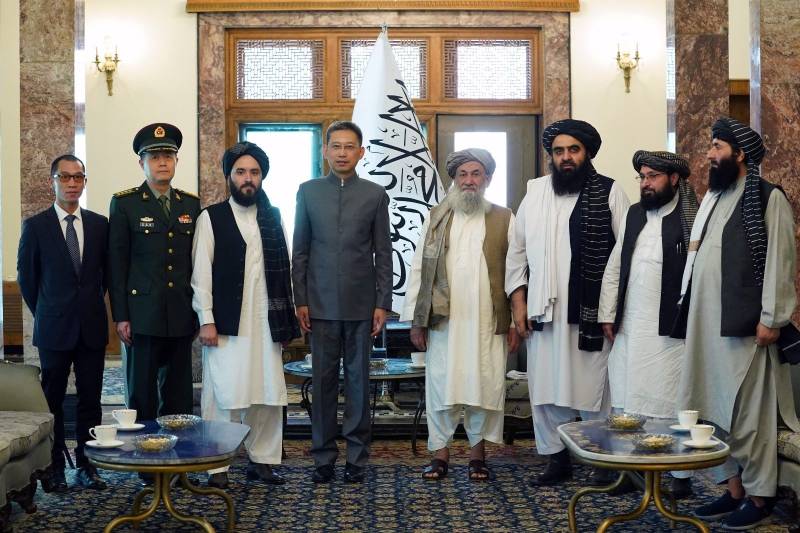China’s choice to recognise Bilal Karimi as its official representative from the Taliban government in Afghanistan is a major turning point in international relations, especially as Central Asia’s politics change. Even though this is mostly a show of support, it shows that Beijing is interested in Afghanistan strategically and is ready to take on a bigger role in the region’s politics and security. China is the first country to officially recognise a Taliban envoy since the Taliban took power in 2021. This shows that China wants to work directly with the Taliban, going against most international rules that try to keep the group out because of its questionable human rights and government record.
China is working with the Taliban for a number of strategic reasons. Security is the most important of these, especially for the area of Xinjiang that borders Afghanistan. Beijing has been worried for a long time that Uighur separatists from the East Turkestan Islamic Movement, which China sees as a terrorist group, could use Afghanistan as a base. By making friends with the Taliban, China hopes to get guarantees that these kinds of activities will not happen in Afghanistan. China also has strong economic interests that affect its policy towards Afghanistan. China, which uses a lot of rare earth metals, is very interested in Afghanistan’s untapped natural resources. These include large deposits of rare earth metals. The oil extraction deal mentioned above, which could be worth hundreds of millions of dollars, is just one way that China wants to strengthen its economic ties with Afghanistan while the Taliban are in power. These steps are part of China’s larger Belt and Road Initiative (BRI), which aims to boost its economic power in Central Asia by building roads and investing in other countries. China’s pragmatic approach to foreign policy, which is based on not getting involved and being open to working with governments of all ideologies as long as they are in line with Beijing’s goals, is also shown by its recognition of the Taliban envoy. This policy lets China step in and fill the void left by the West’s withdrawal from Afghanistan, making itself look like a major player with the power to shape the country’s future.

Additionally, China’s work with the Taliban could be an example for other countries in the area, which could lead to a group effort to deal with Afghanistan’s new leaders. This situation could change how the world sees the Taliban, from being looked down upon to a more complex relationship based on shared interests rather than ideological alignment. There are, however, risks in this relationship. A big worry still is the Taliban’s way of running things and what it might mean for human rights, especially for women and minorities. China’s decision to work with the Taliban could be seen as an implicit endorsement of the way they run their government. This could make it harder for Beijing to get along with other countries, especially those in the West. Also, the Taliban’s rule in Afghanistan is not likely to last for a long time, which could affect any deals or investments China makes with the current government.
In conclusion, China’s recognition of the Taliban’s representative in Beijing is more than just a diplomatic formality. It is a strategic move that shows China’s larger goals in Central Asia and its practical approach to foreign policy. This event has effects on the safety of the area, economic goals, and the efforts of the world to interact with Afghanistan while the Taliban are in charge. The world will be paying close attention to how China’s work with the Taliban affects Afghanistan’s future and the way things work in the region.

Research Associate, Pakistan House



